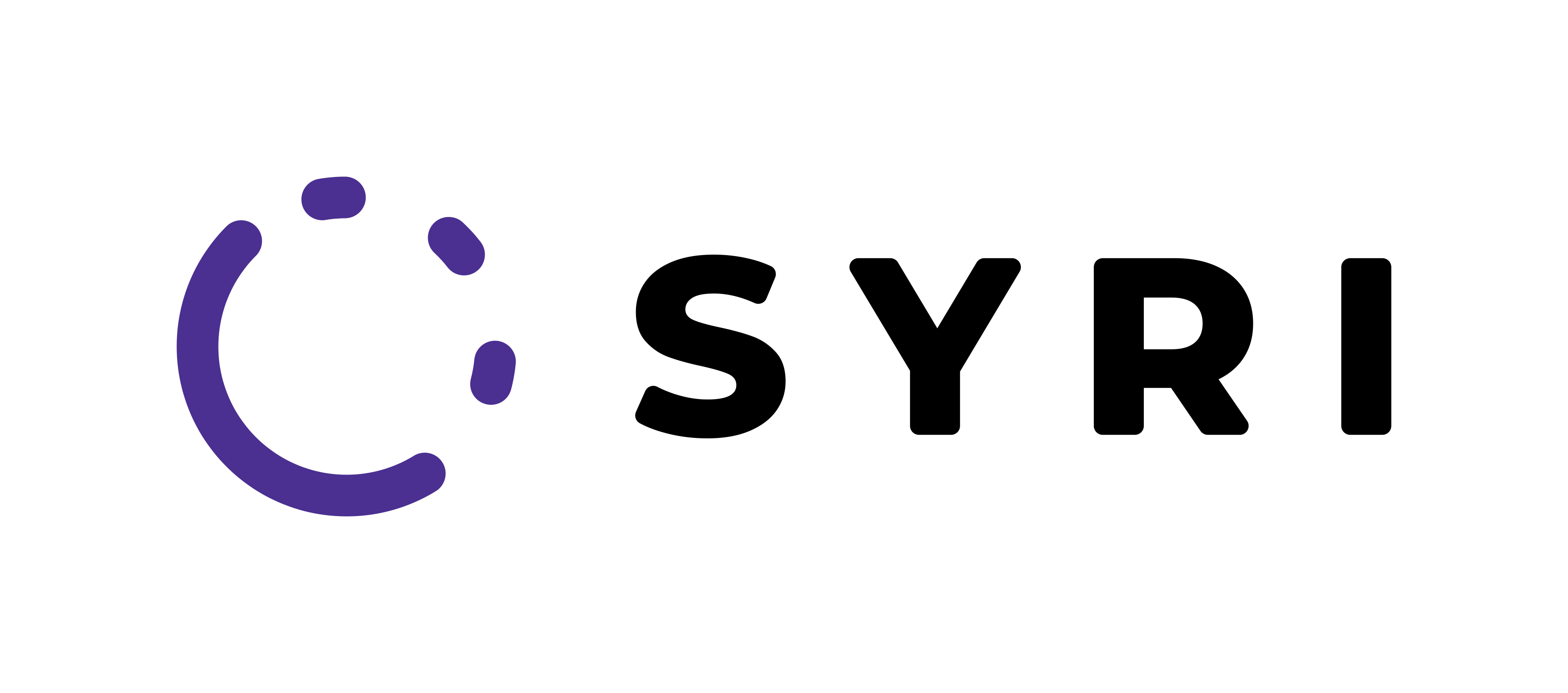Further information
Invitation pdf
Christos Kyriacou (University of Cyprus):
Ordinary Language Methodology, Fallibilism and Heuristics and Biases
Abstract
In his In this paper, I describe a general pattern of fallibilist reasoning in light of the influential heuristics and biases approach to cognition (cf. Kahneman 2011; Thaler and Sunstein 2008) and suggest that this reasoning is methodologically dubious because it involves a vicious circularity. I apply this analysis of fallibilist reasoning to ordinary language philosophers such as Moore (1939), Austin (1946), Wittgenstein (1969) and Chisholm (1982). Let us explain.
Roughly, fallibilist methodology seems often to involve something like the following all-too-natural, Moorean reflective question substitution:
Q: Do we have knowledge?
S: Do everyday ascriptions of ‘knowledge’ count as knowledge proper?
As epistemologists, we are confronted with the inescapable question (forced on us by both the history and the nature of the subject) whether we have abundant knowledge. When considering and trying to answer the question ‘Do we have knowledge?’ (or similar questions, such as Austin’s (1946) ‘How do we know?’ or Chisholm’s (1982) ‘What do we know?’), fallibilists may employ the reflective question substitution heuristic’ and surreptitiously substitute the question with the question ‘Do everyday ascriptions of ‘knowledge’ count as knowledge?’ (or similar questions, such as ‘How do we know in everyday life?’). The substitution is independently justified by the dominant Moorean methodological paradigm that appeals by and large to the ordinary language analysis and cases methodology, common sense and aims to save ordinary epistemic appearances.
We are then prompted by the availability heuristic to answer the second question positively because we find readily available cases of (fallibly) knowing many ordinary things, such as that we have hands (Moore 1939), that there is a goldfinch in the garden (Austin 1946), that these are good apples (Chisholm 1982), that there are zebras in the zoo (Dretske 1970), that we know what penguins eat (Lewis 1996) and so on. We are next prompted by the representativeness heuristic to take such ordinary cases of knowledge ascription to be representative of proper cases of knowledge and we generalize that, of course, we have (fallibilist) knowledge. Hence, the Moorean constraint is to be vindicated if we are to make sense of our epistemic experience and practice.
Framing effects are also inherently involved in the way we frame and approach basic epistemological questions, including the question of abundant knowledge. If we frame the debate with a fallibilistically-skewed methodology and basic question from the start, we will be naturally primed towards fallibilism. In fact, the substitute question ‘S: Do everyday ascriptions of ‘knowledge’ count as knowledge proper? seems to do exactly that because it is trivially true that we tend to count ordinary ascriptions of ‘knowledge’ as cases of knowledge proper and this anchors and adjusts the debate on the assumption that there is abundant (fallibilist) knowledge. Once the framing, priming and anchoring effects take place, in conjunction with the availability and representativeness heuristics, fallibilism seems the natural if not the only epistemological game in town.
Framing, priming, and anchoring and adjusting to fallibilism via ordinary cases of fallibilist knowledge ascription that easily come to mind (via the availability heuristic) and that we take to be representative of knowledge proper (via the representativeness heuristic) are supportive of the dominant Moorean methodological paradigm. With its commitment to ordinary language analysis and cases methodology, common sense and saving ordinary epistemic appearances, the Moorean methodological paradigm is coherent and inter-supporting with ordinary cases of knowledge ascription. Ordinary knowledge discourse and ordinary cases of knowledge ascription support the Moorean methodological paradigm involved and the Moorean methodological paradigm supports back that the ordinary cases of knowledge ascription are cases of knowledge proper. Thus, we have a nice coherent pattern of self-certifying circular reasoning (and it is a good question whether it is viciously circular or not, as we shall see).





